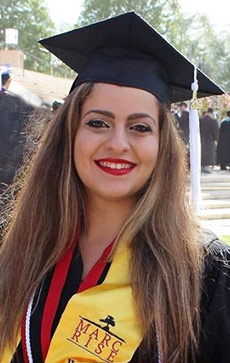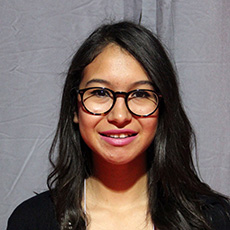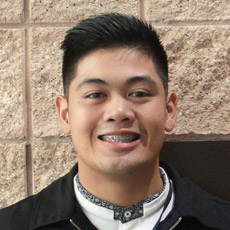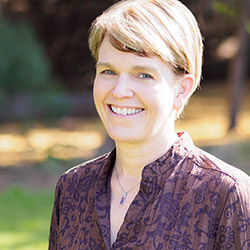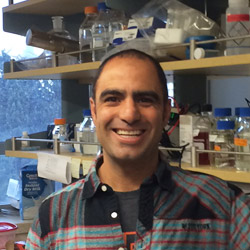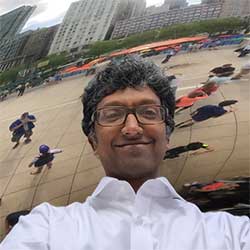This is the first post in a new series highlighting NIGMS’ efforts toward developing a robust, diverse and well-trained scientific workforce.

Credit: Christa Reynolds.
Chyann Richard
Academic Institution: California State University, Long Beach
Major: Psychology
Mentor: Michelle Barrack
Favorite Book: Outliers, by Malcolm Gladwell
Favorite sports team: Los Angeles Lakers
Favorite music: R&B
“A lot of people would never guess that I’m in research and I take pride in that. I want to be able to represent people that don’t even go this far,” Chyann Richard, 20, says.
BUILD and the Diversity Program Consortium
The Diversity Program Consortium (DPC) aims to enhance diversity in the biomedical research workforce through improved recruitment, training and mentoring nationwide. It comprises three integrated programs—Building Infrastructure Leading to Diversity (BUILD), which implements activities at student, faculty and institutional levels; the National Research Mentoring Network (NRMN), which provides mentoring and career development opportunities for scientists at all levels; and the Coordination and Evaluation Center (CEC), which is responsible for evaluating and coordinating DPC activities.
Ten undergraduate institutions across the United States have received BUILD grants, and together, they serve a diverse population. Each BUILD site has developed a unique program intended to engage and prepare students for success in the biomedical sciences and maximize opportunities for research training and faculty development. BUILD programs include everything from curricular redesign, lab renovations, faculty training and research grants, to student career development, mentoring and research-intensive summer programs.
Currently a junior at California State University, Long Beach (CSULB), Richard is majoring in psychology. After she graduates with a bachelor’s degree in 2018, she plans to continue to a Ph.D. program and do research in behavioral neuroscience.
Richard is among a select group of undergraduate college students participating in the Building Infrastructure Leading to Diversity (BUILD) program. The BUILD programs focus on finding innovative approaches to increase student engagement in the biomedical sciences, through interventions at student, faculty and institutional levels. As a BUILD scholar, Richard is conducting laboratory research and preparing for graduate school through career development seminars, presentations and other activities.
Richard loves how research introduces her to new ideas and allows her to share these concepts with others, including her parents.
“Because they’ve been teaching me my whole life … now I’ve got a one-up because I know about research and they don’t. That’s really fun,” she says.
Richard’s interest in behavioral neuroscience is both personal and scientific. During Richard’s junior year of high school, her mother was diagnosed with generalized anxiety disorder. This sparked Richard to take an Advanced Placement (AP) psychology course, where she began learning about the prevalence of and treatments for such disorders.
“[The class] started bringing [my mom’s condition] into perspective – that it wasn’t just some random thing,” Richard says. Continue reading “Getting It Done: Chyann’s Path to Graduate School and Research”
![]() ). For January’s National Mentoring Month, we tell you about other awardees: J.K. Haynes, Virginia Shepherd, and Maria da Graça H. Vicente.
). For January’s National Mentoring Month, we tell you about other awardees: J.K. Haynes, Virginia Shepherd, and Maria da Graça H. Vicente.

